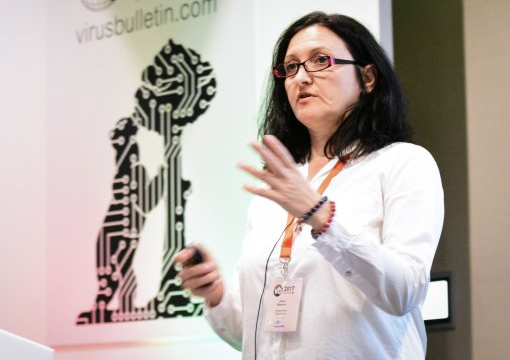Posted by Martijn Grooten on Jan 24, 2018
In February 2016, a US hospital saw a heart operation interrupted by the rebooting of a monitoring PC, caused by anti-virus software running on the machine. The report filed makes it clear that this was a case of someone not following the product recommendations, but the incident does highlight an important point: what is a sensible policy for many, won't work for all.
There is ample advice available on what to do to make your devices and your networks more secure, and how to respond to new malware outbreaks or newly discovered vulnerabilities. However, such advice rarely takes into account either the unique threat models or the unique requirements of specific sectors.
Though certainly not the only sector with its own specific needs, healthcare is a good example of why generic advice often doesn't apply. Medical software and equipment is typically supposed to last well beyond standard replacement cycles. Even buying new desktop PCs with more modern operating systems is, in times of squeezed budgets, often not politically possible, no matter how necessary such upgrades may be. At the same time, a failing digital device could literally be fatal (even if the cited example didn't cause any physical harm to the patient).
This is why I was pleased to learn about the recent launch of Z-CERT, a computer emergency response team focused on the Dutch healthcare sector ('Z' comes from 'zorg', Dutch for care), following the example of similar organisations that exist in Norway and the UK. CERTs are common in other sectors, such as banking and industrial control systems, where they do a good job of giving specific advice. They are also in a position to help security researchers responsibly disclose vulnerabilities in software and hardware used in these sectors.

Anyone who has listened to Jelena Milosevic's inside view of the state of digital security in the healthcare sector (which she presented at VB2017) will understand that there is a lot of room for improvement. Initiatives such as this give me confidence that we are at least on the right track.

Jelena Milosevic, a nurse with a passion for IT security, shared her experiences of security in the healthcare sector at VB2017.